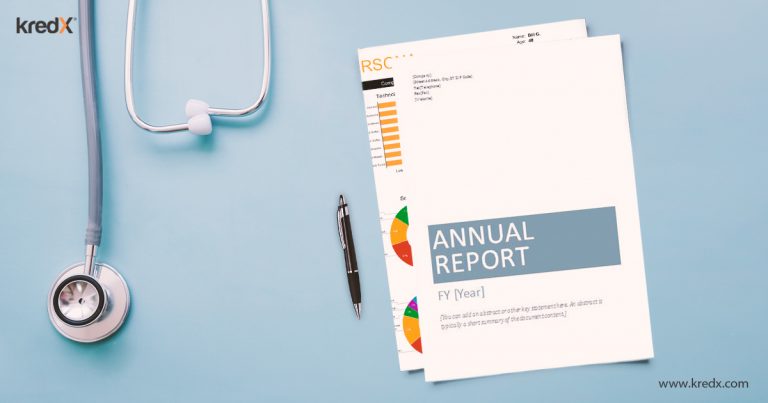
Building An Emergency Fund For Your Business
Emerging businesses are wont to go through phases of financial struggle in their bid to achieve sustained success. Sailing through a crisis unscathed is what differentiates a successful business from a failed one. The process of getting through a crisis, however, requires a heavy concentration of focused skill and hard work. It requires intelligent decision making and a succinct understanding of the financial requirements that keep your business afloat. Cultivating an emergency fund at the early stages of your business development would fall into the category of intelligent decision making. Here is how to go about the process.
Emergency Fund For Your Business
Capitalising On Profit Cycles
As a small business undertaking that has just managed to standardise your business practices, your company will face erratic profit cycles that will be unpredictable at first. It is important not to lose perspective when the money starts to flow. These profit cycles should be effectively managed into a financial cushion that can adequately be fashioned into an emergency fund over time. Making the choice between growth and saving will be a hard one, the beginning of your business journey. But inevitable loss cycles that make sustenance hard, will eventually put the decision you had made to save money into perspective. As a business in the early, stages of development, it is critical to contextualise your profit cycles.
Cutting Costs
If you successfully manage to convert your profits into savings, the next obvious step should be to identify the areas where your company is wasting finances. The usual culprits here are advertising and marketing. Crunching the numbers on the customer retention potential of your sales campaigns will give you a realistic idea of their effectiveness. The internet offers so many different avenues for marketing your product, saving money by scrapping a dysfunctional marketing strategy should not be something you should shy away from.
Separating Your Accounts
It goes without question that your emergency fund should be separated from your regular business account. Naturally, an emergency fund needs to be liquidated quickly and accessed rapidly in case an emergency arises. Hence, the nature of the account you would choose to deposit your emergency fund is very important. Keeping this in mind, regular savings account that helps with easy access and ready liquidity should be preferred. The paradox here is that quick access could prompt you to pursue a tendency to occasionally dip into the emergency fund for regular business needs. Avoiding this at all times will set you on course to a successful business enterprise.
Treating The Emergency Fund As An Expense
Saving for your emergency fund should become second nature in the course of your business journey. It might not be realistic to add huge swathes of money to your savings consistently. In place of this, you could add a fixed amount to your savings account every month that is not insignificant. Treating the act of saving as an expense you cannot forgo is key here. Just as there are consequences to not paying your electricity bill in time, understand that an emergency fund is all that is keeping you safe from a dire financial position.
How Much Is Enough
Ideally, your emergency fund should contain the working capital your company requires to function through three months’ time. This does not mean that you should stop saving after this number is achieved. On the contrary, a growing business would eventually come to demand higher overhead costs to sustain itself. This requires saving for an emergency fund to be a constant activity from your end. The more your business grows, the more responsibility you will have to develop an adequate financial backbone for it.
All businesses need an emergency fund that can get them through economically tiring times. Building this requires sustained effort and implicit sacrifices. The harder you work for a well-maintained emergency fund, the easier it will become to cope with an eventual dip in sales or loss cycles. Making emergency funds a priority will do wonders for your company’s financial health.



